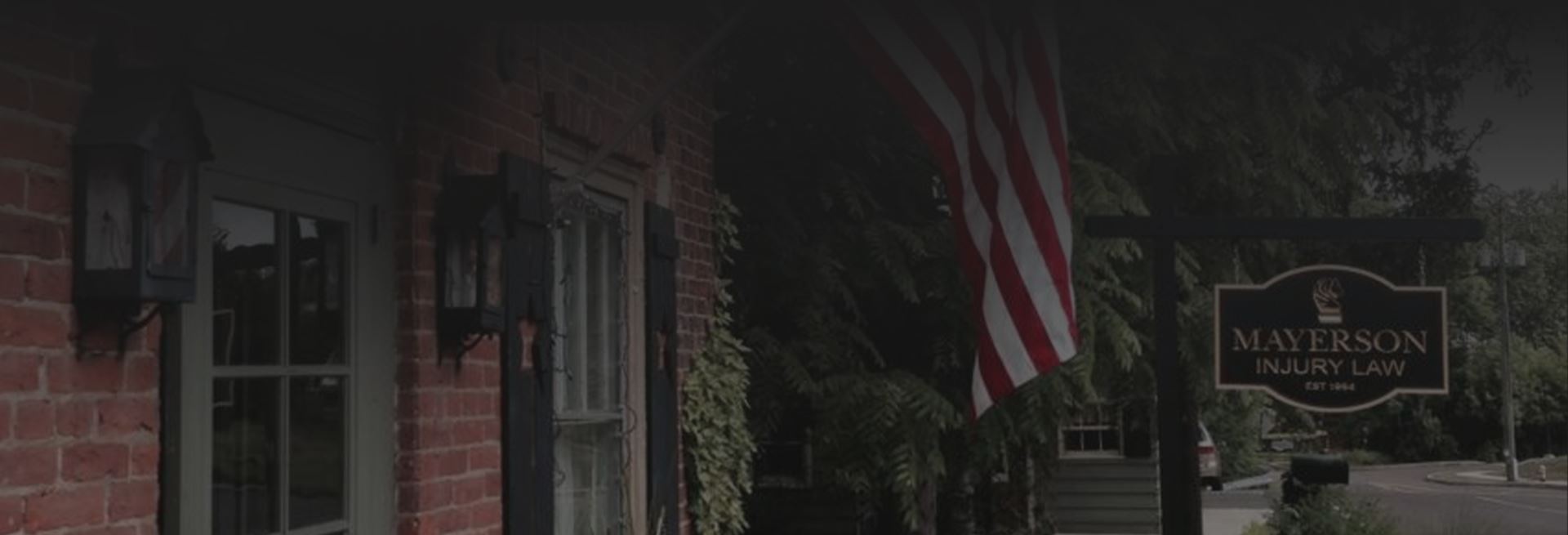After a car accident, your emotional trauma can be one of the more difficult things you endure. You may suffer from post-traumatic stress disorder, or PTSD. While it’s important to know that emotional trauma can play a role in your financial recovery, it’s more crucial to recognize ways to cope with PTSD, so you can heal moving forward.
Our Pottstown car accident lawyers at Mayerson Injury Law, P.C. can help you with the legal matters that arise after a crash. However, we also want to help you understand how you can take care of yourself during one of the most difficult times of your life. It’s critical for you to understand what you can do to feel better in your situation moving forward.
Below, we’ll discuss four ways to cope with emotional trauma:
- Therapy
- RAIN Method
- Support Systems
- Practice Breathing Exercises and Outs
Treatment often requires money. If you need to seek compensation following a negligence-related crash, call our firm today at (610) 492-7155.
1. Therapy
There are different types of therapy you may consider for your post-traumatic stress. Medication therapy may be helpful for some, but you can also discuss your situation with a therapist to determine the underlying factors of your condition. Recognizing what causes your triggers and stirs up your emotions of trauma and fear can help you come face-to-face with the issues.
Group therapy can also help if you discuss your PTSD with others who face similar emotions. The more you hear from others, you may be able to find methods that work for you.
2. RAIN Method
The RAIN method is one of the effective ways you can cope with your post-traumatic stress, especially in a time when it impacts you the most. Here’s how this method works:
- R: Recognize that you have post-traumatic stress. Denying it is never helpful.
- A: Allow your PTSD to exist. The more you try to make yourself believe that you don’t have PTSD, the more difficult it can be to deal with the symptoms.
- I: Investigate the potential causes of your triggers and what has caused your PTSD to exist. In this situation, it is most often a car accident and the sounds that remind you of the traumatic situation.
- N: Not identify with PTSD. Post-traumatic stress is something you endure, but it doesn’t define who you are.
3. Support Systems
Do you have someone you trust and can confide in when you experience symptoms associated with your triggers? It’s vital to have someone you can reach out to when you start to feel anxious. For instance, if you’re walking on the sidewalk when you hear another vehicle crash, you may experience a significant amount of fear. Calling someone for support can help you overcome the difficult situation.
4. Practice Breathing Exercises and Outs
While it may seem like a simple technique, it’s vital to recognize how to catch your breath in a situation that can cause so much anxiety. Taking a step back, breathing in and out slowly, and having ways to get out of a difficult situation can be crucial to the way you feel.
Have a list of ways that you can either avoid a potentially dangerous situation or get out of a place where you may experience a trigger. Don’t worry if your actions will impact someone else. Your well-being is most important.
If you suffer any injury in a car accident because of someone else’s negligence, know that you can take legal action to protect your rights. We’ll be there to help you understand your legal options, pursuing the compensation and justice you need and deserve.
Call our firm today at (610) 492-7155 and learn what rights you have. We offer free consultations so you can get answers to your questions.

